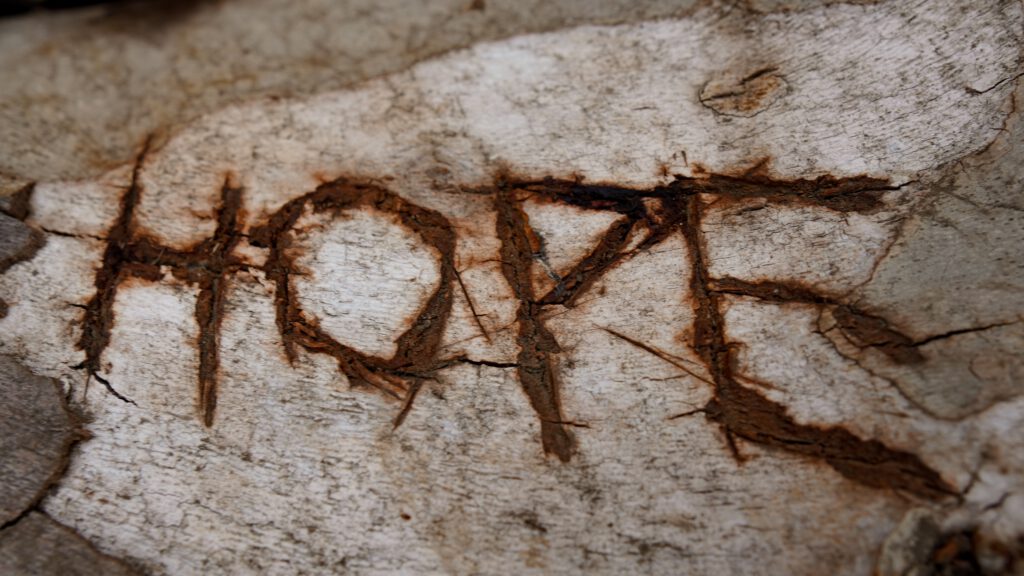Tag: Resilience
Instant Happiness
What is one small thing you could do today that would make you happy?
Things Will Never Be the Same
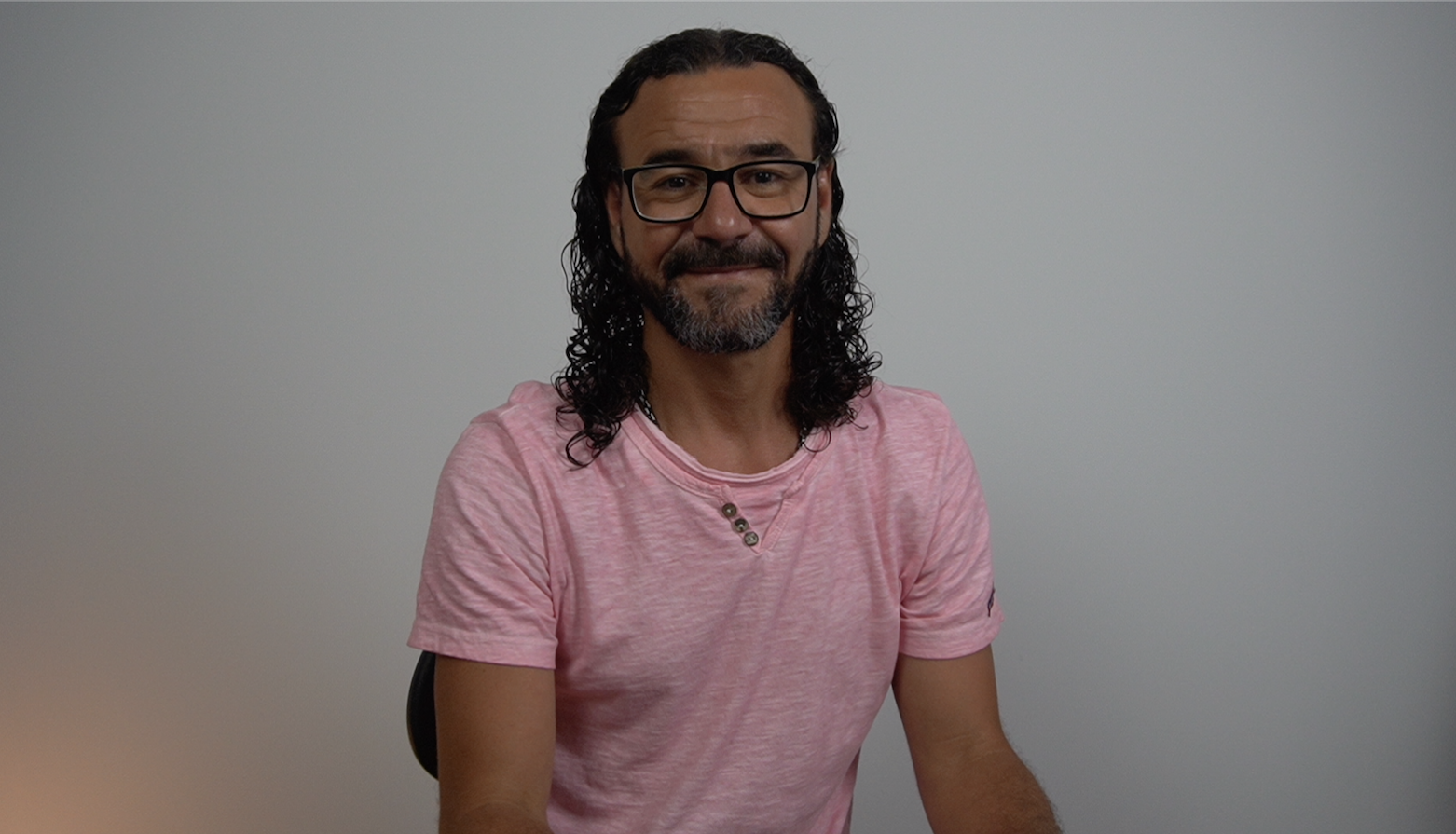
But we can emerge from painful experiences a little wiser.
Wisdom for Teams #39


—
Everything about me is a contradiction, and so is everything about everybody else. We are made out of oppositions; we live between two poles. There’s a philistine and an aesthete in all of us, and a murderer and a saint. You don’t reconcile the poles. You just recognize them.
—
ORSON WELLES (1915 – 1985) director, actor, screenwriter, and producer; remembered for his innovative work in radio, theatre and film, and considered to be among the greatest and most influential filmmakers of all time.
Despair, Indifference or Hope?
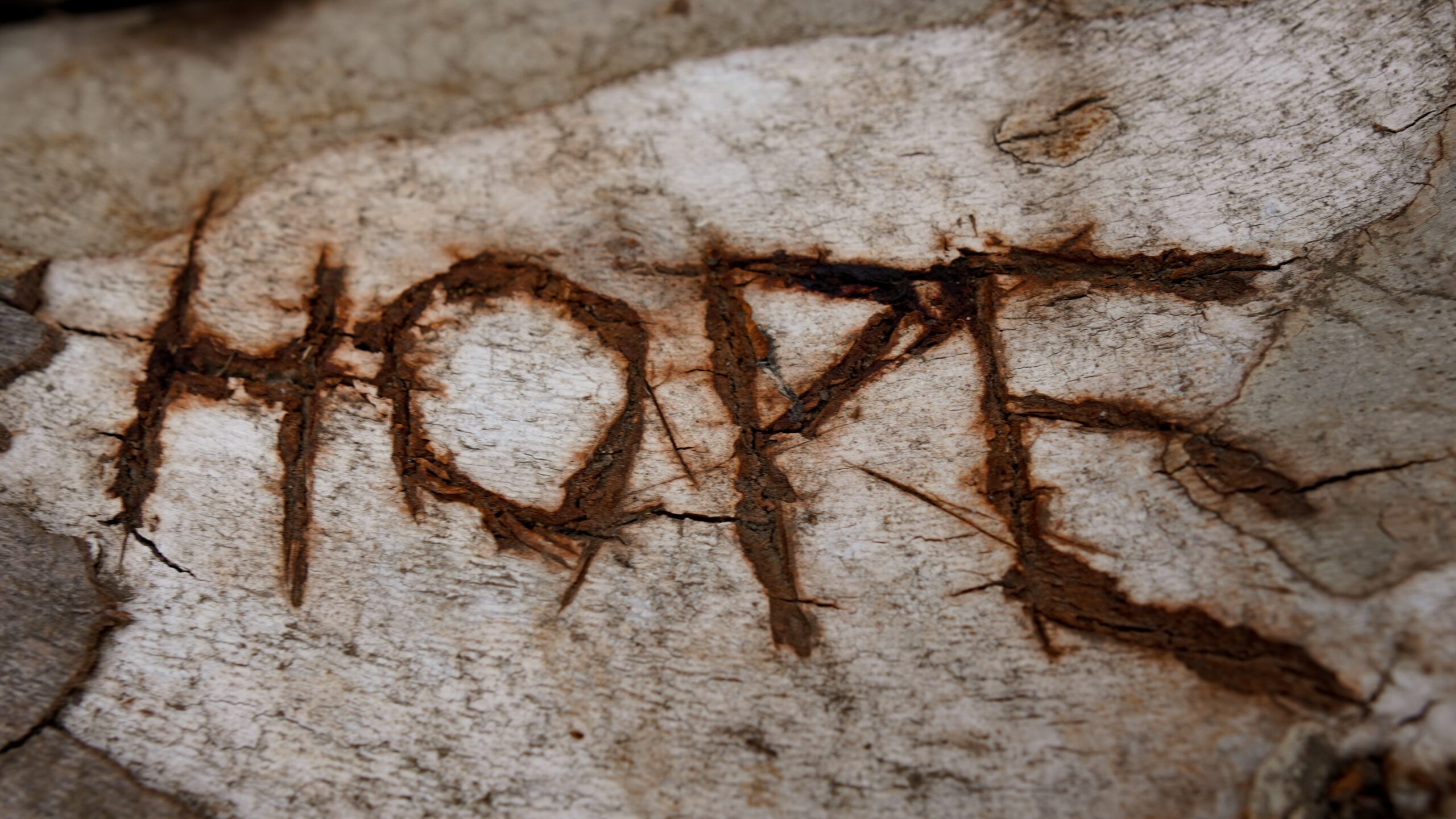
Wisdom for Teams #36
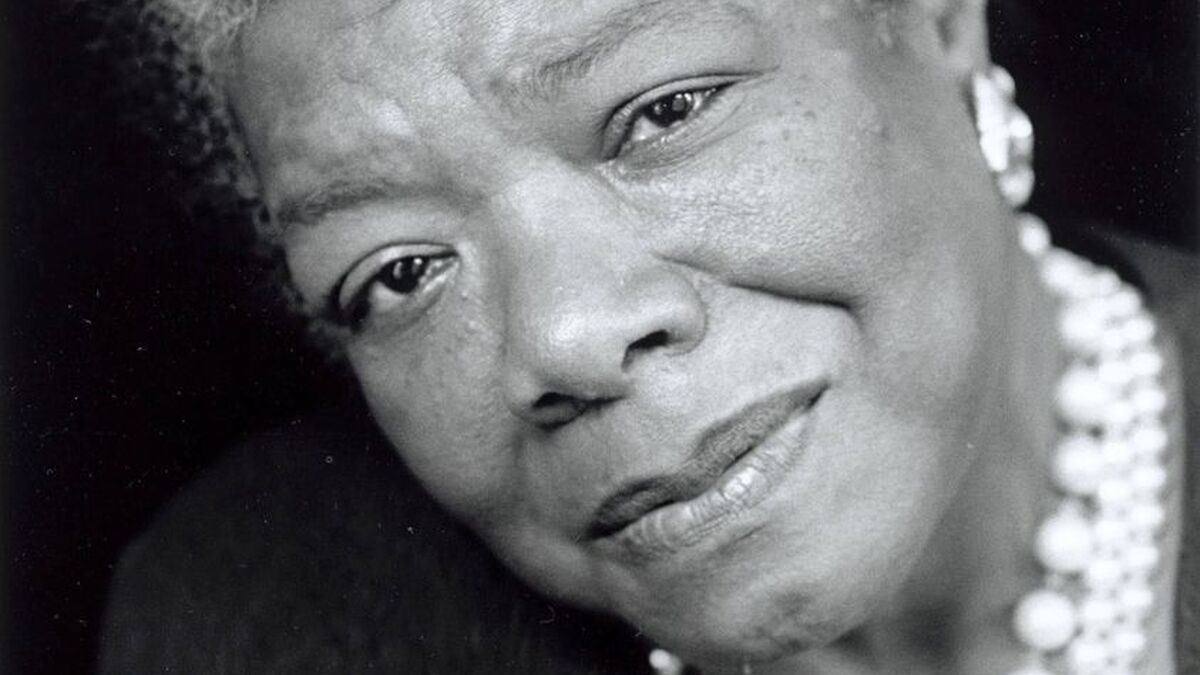
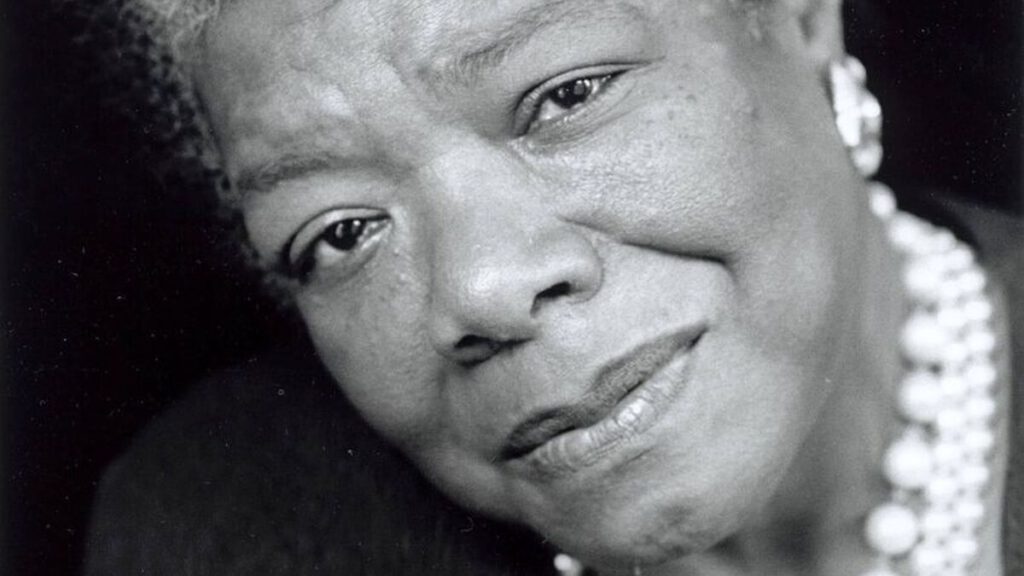
—
I can be changed by what happens to me. But I refuse to be reduced by it.
—
MAYA ANGELOU (1928 – 2014), American poet, memoirist, and civil rights activist.
Wisdom for Teams #34


—
Turn your wounds into wisdom.
—
OPRAH WINFREY (1954), American talk show host, television producer, actress, author, and philanthropist.
A Lesson From Australian Lizards Mating


Photo by David Clode on Unsplash
A while back, I heard about a special kind of Australian lizard on a National Geographic TV Show. I do not remember the species’ name nor could I find it online. What makes these guys special is that there are two sizes of males: the big ones and the medium dudes.
In evolutionary terms, the existence of the medium dudes does not make sense, because the big ones are the ones who get to mate, thus generating more big lizards. Not having mated, the medium dudes eventually should have disappeared.
So why are the medium dudes around? Scientists investigated and figured it out. Here’s how it goes down. Big lizards gather at the entrance of their caves to fight for the females who await inside.
While the big ones are distracted fighting, the medium dudes (who are roughly the same size of females) waltz into the caves and mate with the females. That’s how they beat the law of the fittest.
What is your usual approach to a challenge? Are you like the big ones? Or are you a medium dude?
Even nature understands we need medium dudes. Merry Christmas.
Wisdom for Teams #25


—
“We could never learn to be brave and patient, if there were only joy in the world.“
—
HELEN KELLER (1880 – 1968), USA author, disability rights advocate, political activist and lecturer.
What Is Your Problem?


—
For the audio version of this post click below.
—
On July 6th I gave my first fact-to-face speech since the lockdown. I spoke at the BED Event in Barcelona for professionals of the events industry, both event organizers and providers. My question for them was: What is your problem?
One way of making sense of life, is to view the situations we face as a series of problems. For example, getting a degree, finding a job, and raising kids can be seen as “problems” we face in life.
Problems fall into one of two categories:
- Problems-we-have. Examples could be: I want a promotion; I want more clients; I need someone in my life. What do these problems all have in common? In all of them we occupy the center stage and the spotlight is shining on us.
- Problems-we-solve. Examples could be: I want to participate more in the company’s success; I want to serve more clients; I’d love to share my life with someone special. These problems have in common the fact that other people occupy the center stage and the spotlight is shining on them.
—
Generosity is the highest form of fulfilment.
—
Notice how both types of problems deal with the same situations and the same people. The difference is who the problem is about: us or others. Now look back on the lives of your role models. Was it a series of problems-they-had or problems-they-solved?
From what I’ve seen in my 45 years, it is much easier to deal with the challenges we face, both professionally and in our personal life, when we transform problems-we-have into problems-we-solve by moving our butts away from the center stage and shinning the spotlight on others.
—
So what problems are you solving at this point in your life?
Given the recent changes in the world, what new problems could you solve?
—
How’s Your Psychological Immune System?


Photo by Zachary Kadolph on Unsplash
I recently listened to a guided meditation where William B. Irvine, an expert in Stoic philosophy, explained the idea of a psychological immune system. Imagine Billy, a child who grows up never being exposed to anything unpleasant, never receiving any bad news, never criticised or insulted, and always having someone solve his problems. What will happen to the adult Billy when he goes out into the world? How will he deal with setbacks?
—
Whereas the biological immune system protects us from sicknesses caused by germs, the psychological immune system protects us from the unpleasant emotions that are triggered by life’s setbacks.
—
The world is imperfect, which means shit will happen. So it seems wise to strengthen our psychological immune system in order to better deal with setbacks. How can we do this?
- Psychological vaccination: Irvine suggests we regularly use the Stoic technique of entertaining negative thoughts, like imagining losing something or someone. Or recognising that our lives could be much worse and imagining what that would look like. He says we don’t want to dwell long on these negative thoughts, but for it to be flickering moments. These thoughts work like a vaccine, preparing our psychological immune system for life’s setbacks. Another Stoic technique he recommends is called “the last time”. I talk about it in this video here.
- Psychological exposure: Another way to develop our psychological immune system is to expose ourselves to “germs”. This means deliberately moving out of our comfort zone, and doing things that are physically and/or emotionally uncomfortable. For some people, karaoke in front of a big crowd will do the trick.
—
In what shape is your psychological immune system? A good measure is how often you feel outraged or lose control to anger. Another is the average mood of your mind. Is it tranquility and confidence, or agitation and anxiety?
—


